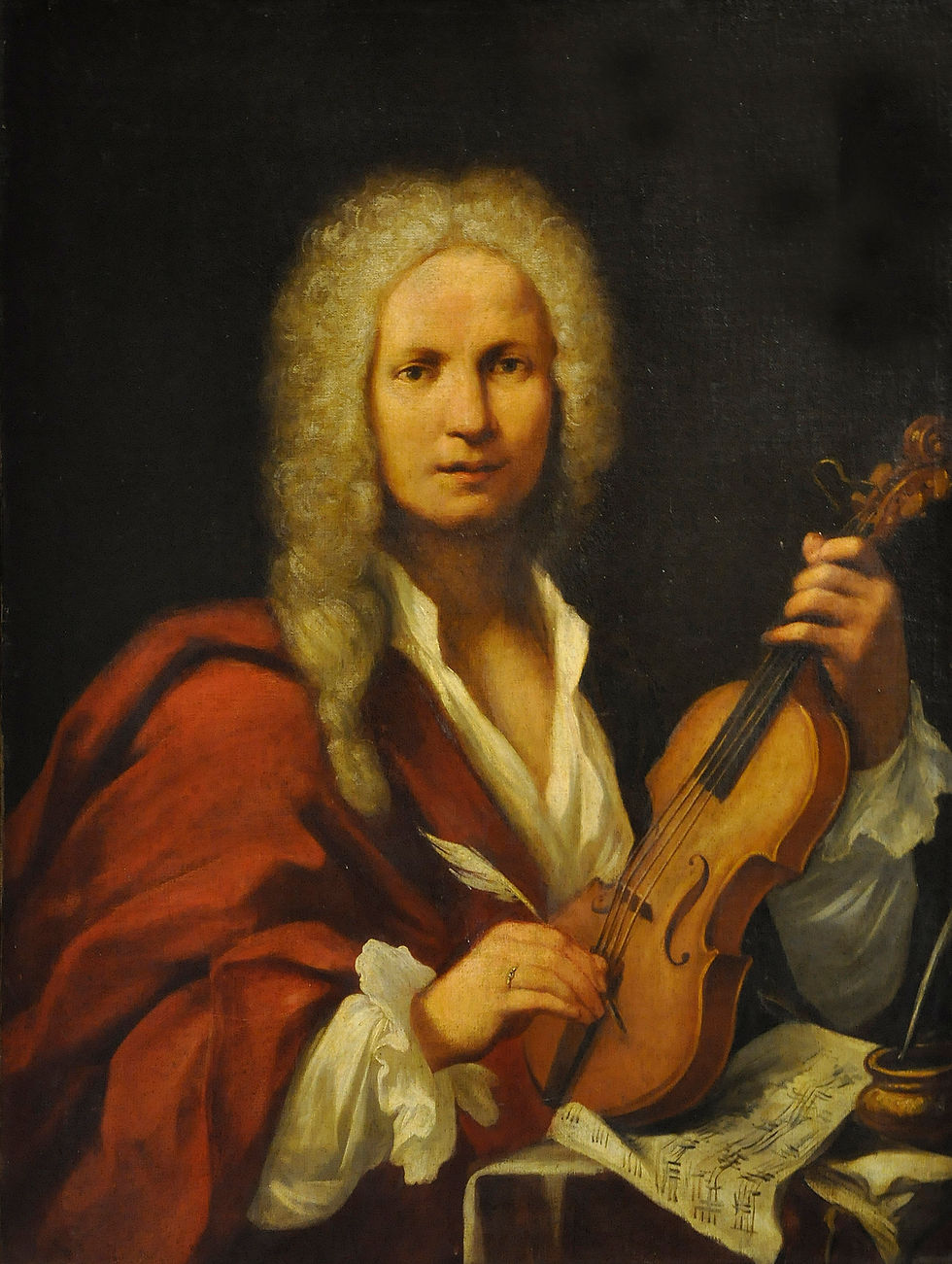THE BEAUTY OF CZECHIA No.28/6.11
- Nov 6, 2025
- 4 min read
Sometimes we know and like something but need a stimulus to realize it. We need an opportunity. Such an incentive was an excellent concert at the Amricani Cultural Centre organized by the Czech Embassy and Kuwait Music Academy on the occasion of the 107th anniversary of the restitution after WWI of the Czech State and the 60th anniversary of diplomatic relations between the Czech Republic and Kuwait.

Czechs are a very musical nation. Supported by slides and an exhibition 'The Beauty of Czechia', the concert turned into a whole, impressive spectacle. The performing artists, teachers of the KMA, presented works by some of the most important composers in the history of Czech music.
At the beginning, the excellent clarinetist, multi-instrumentalist, and conductor of the emerging KMA Orchestra, Viktor Shramko, on clarinet and acknowledged pianist Karol Masternak performed the 2nd movement of Jan Vaclav Antonin Stamitz's (1717-1757) Clarinet Concerto. He was a Bohemian composer who founded the Mannheim school of symphonists, which had an immense influence on Mozart and generally the Viennese Classics. He composed sonatas, symphonies, trios, and concertos. He lived a short life, like Mozart, but his influences had a long-lasting effect. The style of his school bridged the Baroque and Classical periods.

The Polish soprano singer and pianist, Kinga Masternak, well-known in Kuwait and abroad, and the recently joined KMA singer, Kamil Deryło, who has already become popular with listeners and students, presented, in addition to lovely Czech Folk Songs, arias and songs by two of the greatest Czech composers – Bedrich Smetana (opera 'The Bartered Bride') and Antonin Dvorak (opera 'Rusalka').


Bedrich Smetana (1824-1884) is called the Father of Czech national music and belongs to the canon of Romantic music in the world. No Czech music reflects the beauty of the country as his six symphonic poems 'Ma Vlast' (My Homeland).

As a child, he learned violin and piano, but soon, against his father's wishes, he decided to be a musician. He studied in Prague. His piano career was unsuccessful, so he focused on composing and conducting. He briefly participated in the Prague uprising (People's Spring 1848) and left for Sweden. There he founded a very popular music school.
He was influenced by Fr. Liszt and R. Wagner. He composed several piano pieces, songs, and operas. After his return, the success of his opera 'The Bartered Bride' changed his life. Famous composer Gustav Mahler introduced his opera in Hamburg, Vienna, and New York. He became famous. However, at the age of 50, he began to lose his hearing. Even when he was completely deaf, he continued to write excellent compositions.
Antonin Dvorak (1841-1904) is a symbol of national pride and musical innovation. It was he who promoted Czech musical culture in the world and at the same time laid the foundations for American symphonic music of the 20th century and film composers in Hollywood.

Apparently, he loved locomotives and birdsong. Similarly, in his work, he had an extremely wide range of ideas and sensibilities. This is confirmed, for example, by his masterful instrumentation! To this day, Hollywood film music composers take inspiration from him.
He learned to play the church organ and earned his living doing it. Later, he played the violin and viola in a theatre in Prague. But it was there that Bedrich Smetana earned his living as a conductor. It was he who pushed the young man to take an interest in Czech folklore. Soon, the support of Johannes Brahms and winning a composing competition with the excellent 4-hand piano 'The Slavonic Dances' paved the way to a world career.
The concert tour in England resulted in an Honorary PhD in Cambridge and an invitation to the US. There he became Director of the Conservatory and, fascinated by folklore and negro spirituals, wrote the most famous New World Symphony. He composed a lot of great symphonic, instrumental, and vocal music, but also a sweet piano miniature Humoresque, which became his most popular melody.
Karol Masternak not only supported all soloists on piano but also had an opportunity to show his mastery as a soloist and in a 4-hand duet with his wife, Mrs. Kinga, in A. Dvorak's famous The Slavonic Dances and solo-piano Allegretto by Bohuslav Martinu.

The program was complemented by pieces by Zdenek Fibich, Bohuslav Martinu, and Antonin Michi. There was also a Kuwaiti accent: the warmly applauded song by Sulaiman Al Dekan & Muhmud Al-Kuwaiti 'Al Brushiya'. All the excellent soloists form the Kuwait Music Academy team.

The diplomats present, representatives of the State administration, business partners, Czech and Slovak communities, and the general public appreciated the performance of the artists with long applause and a standing ovation at the end. The first comments on the Internet called the evening magical.
'The Beauty of Czechia' expressed through music, will be remembered for a long time. That's the power of music and art.



Enough words.
Let us play:
B. Smetana - Ma Vlast, No. 2. Vltava (River Moldau)
A. Dvorak - Slavonic Dances Op. 46 & 72
A. Dvorak - Humoresque No.7 in G-Flat Major

Written by
Cezary Owerkowicz
Co-founder of Kuwait Music Academy and
Director of Treasure of Talents Festival in Kuwait
_edited.png)


